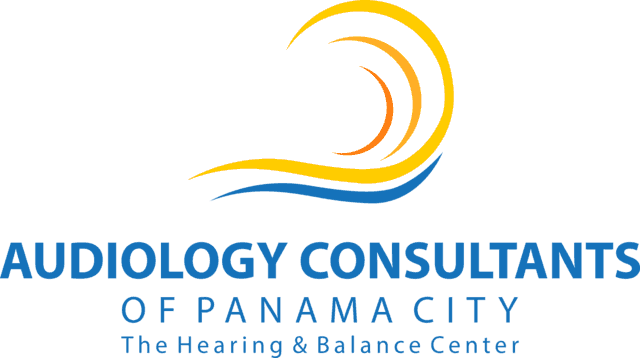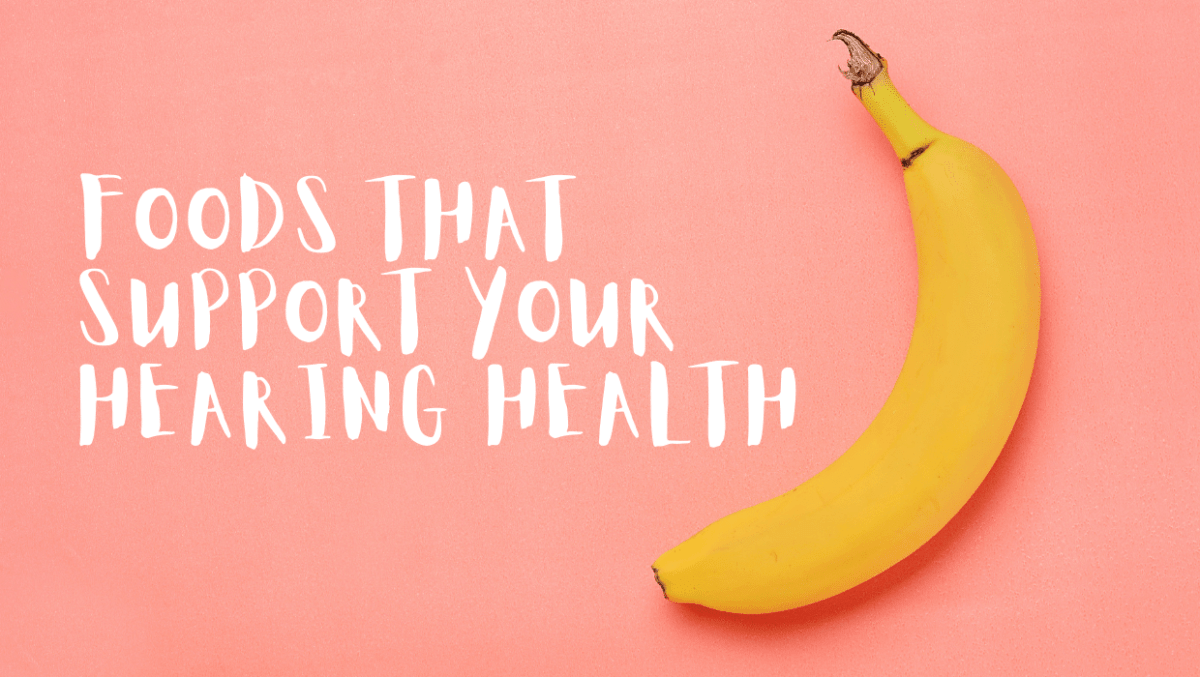- Using Hearing Aid Accessories for Enhanced Listening - May 6, 2025
- Practical Tips for Managing Daily Challenges With Tinnitus - April 8, 2025
- Signs Your Hearing Aid Battery Needs to Be Replaced - March 13, 2025
Hearing loss has been with us as long as we’ve had ears. 48 million Americans suffer from some kind of hearing loss, and age-related hearing loss affects everyone who lives long enough, with nearly 100% of centenarians reporting some degree of hearing loss.
In recent decades, we’ve come to understand that hearing loss is not simply an annoying part of getting older, but can have more serious consequences if left untreated. Fatigue, loneliness, social isolation, earlier onset of cognitive decline and dementia are just a few of the problems that can arise with untreated hearing loss.
Diet Is Strongly Linked to Hearing Loss
While age-related hearing loss is unfortunately incurable, a recent study conducted by Brigham & Women’s Hospital demonstrated that close adherence to an anti-inflammatory diet, such as the Alternate Mediterranean diet (AMED) or Dietary Approaches to Stop Hypertension (DASH), can significantly reduce the severity, postpone the onset, and slow the progress of age-related hearing loss. In fact, diet is one of the very few modifiable risk factors for hearing loss.
When you eat a healthy diet, you not only improve your long-term hearing health, but you improve just about every other aspect of your physical and mental well-being, as well. Today, let’s look at some of the nutrients that have proved to be connected to hearing health and some of the foods where you can find them. Whatever your diet may currently be like, you can start slipping some of these foods in where you can to boost the health of your ears, your body, and everyone with whom you dine!
Vitamin B-12
Low levels of B-12 have been associated with sensorineural hearing loss, which incorporates noise-induced and age-related hearing loss. Low levels of B-12 are thought to increase homocysteine levels throughout the body, which restricts blood flow. This causes inflammation throughout the body, and also restricts blood flow to the cochlea, which can lead to the death of the cilia (tiny, hair-like cells) that convert the mechanical energy of sound into electrical signals for the brain.
To increase your intake of vitamin B-12, look to animal-based foods like milk and other dairy products, meat, fish and eggs. Vegetarians and vegans should take B-12 supplements. (Just about every other nutrient we need, including protein, is prevalent in plant-based food sources, so don’t write off vegetarianism just yet!)
Folate
Also known as vitamin B-9, deficiency in folate has the same effect as deficiency in B-12. You can get plenty of B-9 from nuts, liver and eggs, but you’ll also find lots of it in vegetables like broccoli, asparagus, spinach and beans.
Omega-3 Fatty Acids
It seems like omega-3’s are always in the news. Omega-3 should be in a healthy balance with omega-6, and the typical American diet has way too much omega-6 for omega-3 to keep up! Try reducing omega-6’s by limiting your consumption of butter and chicken, and increase omega-3’s with free-range eggs, flaxseed, walnuts, olive oil, grass-fed beef and lamb, and seafood like wild-caught salmon and sardines.
Vitamins C, A and E
Antioxidants show strong potential in limiting the damage we incur from noise-induced hearing loss, as well as maintaining some protection against age-related hearing loss. Free radicals in the blood can restrict blood flow, especially in tiny capillaries like those that deliver blood to the tiny parts of the inner ear. All three of these vitamins fall into the antioxidant category.
Vitamins A and E are fat-soluble. You’ll find vitamin E in avocados, sweet potatoes, sunflower seeds, almonds, spinach, butternut squash and olive oil. Vitamin A shares space in sweet potatoes and spinach, and is also found in high concentration in beef liver, eggs, grass-fed butter, kale, carrots and broccoli.
Vitamin C is a water-soluble vitamin, and thus very hard to overdose on. Many people take supplements, but it’s easily found in citrus and other fruits like strawberries and papayas. Many people don’t realize that vitamin C is also in lots of vegetables: try some bell peppers, Brussels sprouts, broccoli, and the darker leafy greens.
Get a Hearing Test
The Better Hearing Institute, a non-profit organization, recommends getting a hearing test once a decade until age 50, and once every three years after that. Whether you’re having problems hearing or not, keeping track of your hearing health is an important part of maintaining your general health and well-being, and frequent testing can detect hearing loss before it becomes a problem. This can allow you to make a change in your lifestyle: whether it’s eating better, wearing earplugs, quitting smoking, all of the above or more.


